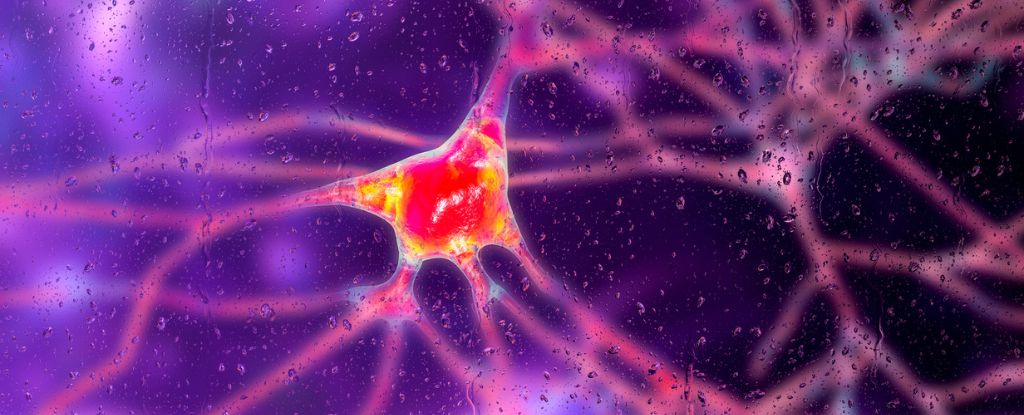
Researchers in the United Kingdom have reported promising results from a clinical trial of a novel gene therapy that could significantly alter the course of Huntington’s disease, a hereditary neurodegenerative disorder. The therapy, known as AMT-130, has shown potential to slow disease progression by as much as 75 percent over a three-year period. Although the results are yet to undergo formal publication and peer review, principal investigator Ed Wild from University College London describes the findings as transformative.
The clinical trial involved 29 patients, who were administered AMT-130 in varying doses. The high-dose group demonstrated a remarkable reduction in disease progression compared to those who did not receive treatment. Additionally, researchers observed a significant decrease in a biomarker associated with neurodegeneration, which is typically elevated as Huntington’s disease advances. Wild, who leads the Huntington’s Disease Center at UCL, noted, “On the basis of these results, it seems likely AMT-130 will be the first licensed treatment to slow Huntington’s disease, which is truly world-changing stuff.”
Huntington’s disease is caused by a mutation in the HTT gene, identified in 1993, leading to the production of a toxic version of the huntingtin protein. This protein gradually damages neurons in areas of the brain responsible for voluntary movement, cognition, and behavior. Symptoms typically manifest in mid-adulthood, with affected individuals facing a life expectancy of only 10 to 30 years after onset. The genetic nature of the disease means that an affected parent has a 50 percent chance of passing the condition to their offspring.
For the past decade, researchers at uniQure, the company spearheading this innovative treatment, have been exploring the application of gene therapy for Huntington’s disease. The methodology involves injecting AMT-130 directly into the brain, where it delivers custom-made DNA to neurons. This DNA includes instructions to halt the production of the harmful huntingtin protein. Researchers anticipate that the effects of this single dose will endure for a patient’s lifetime.
“The trial results come through in numbers and graphs, but behind each data point is an incredible patient who volunteered to undergo major neurosurgery to be treated with the first gene therapy we’ve ever tested in Huntington’s disease,” Wild remarked, emphasizing the bravery of participants in the trial.
In the phase 1/2 clinical trial, 17 patients received a high dose of AMT-130, while 12 patients received a lower dose. Over the three-year follow-up period, those in the high-dose group exhibited 75 percent less disease progression compared to the untreated cohort. Although these results may not represent the “potentially curative results” initially hoped for, they still signify a significant advancement in treatment options for Huntington’s disease. “My patients in the trial are stable over time in a way I’m not used to seeing in Huntington’s disease,” Wild noted, citing that one participant, previously medically retired, has returned to work.
The rapid progression from preclinical data to clinical trials is noteworthy. In just under a decade, researchers at uniQure have successfully replicated their findings from animal models to human subjects. The company is now advancing with additional clinical trials in both the United States and Europe. Walid Abi-Saab, the chief medical officer at uniQure, stated that they are “eager to discuss the data with the Food and Drug Administration (FDA)… later this year, with the goal of submitting a Biologics License Application in the first quarter of 2026.” The FDA has already granted AMT-130 both Breakthrough Therapy and Regenerative Medicine Advanced Therapy designations, which could expedite its approval process.
The results of this trial will be formally presented at the HD Clinical Research Congress in October 2024, where researchers hope to engage a broader scientific audience in discussions on this groundbreaking therapy. The implications of AMT-130 could reshape the landscape of treatment for Huntington’s disease, offering hope to countless individuals and families affected by this debilitating condition.







